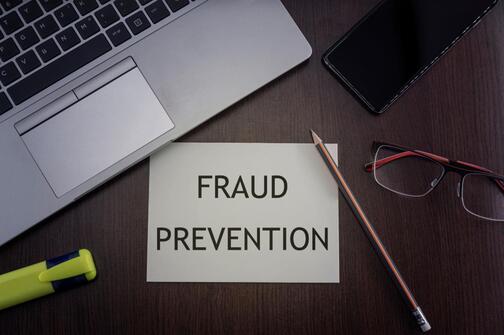Financial fraud not only depletes an organization’s assets but also affects their reputation, once the fraud is publicly disclosed. Although nonprofit organizations do not anticipate being victims of fraudulent activity, they should be aware of areas where they might be at risk. Remote working, downsized workforce and changes in staff roles and responsibilities may contribute to incidents of fraud. With proper internal controls, policies and procedures in place, this risk can be mitigated or even eliminated.
8 Fraud Risks To Nonprofit Organizations
Personal Expenses Paid with Organization Funds
Employees may use a business credit card or submit expense reimbursement requests for personal expenses and payment is made without proper oversight or approvals.
Creating Fictitious Vendors
This fraud risk involves setting up fictitious vendors in the Accounts Payable system through which fraudulent invoices are processed and paid.
Overstated Vendor Invoices
A vendor can commit fraud by knowingly submitting overstated invoices which are paid without the organization checking the invoices against the terms of the vendor’s contract.
Kickbacks Paid to Key Procurement Staff
Selecting vendors without a formal bidding process to ensure quality service and prevent favoritism can result in fraudulent activity such as kickbacks paid to key procurement staff to maintain the organization’s account.
Expired or Improperly Executed Contracts and Agreements
Outdated or improperly executed contracts and agreements can result in fraudulent payments being made for goods or services that were not authorized.
Improper Internal Controls Over Cash and Checks Received
Theft of cash or checks received can occur in the absence of written and enforced policies and procedures that include effective internal controls such as separation of duties and supervisory approval.
Conflict of Interest
The risk of fraud can occur when individuals leverage their positions to obtain an unauthorized benefit from a business transaction entered into by the organization.
Theft of Physical Assets
The risk of physical asset theft by internal or external parties can occur without proper processes and controls in place.
Roberta Katz Consulting can assist your organization in identifying and evaluating your fraud risks and provide guidance and tools that have proven to be effective in managing the risk. Schedule a complimentary consultation today!

Leave a Reply